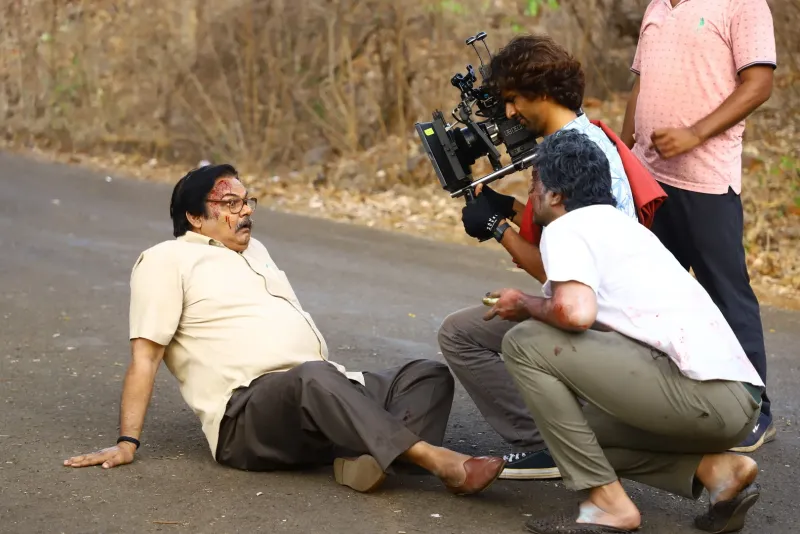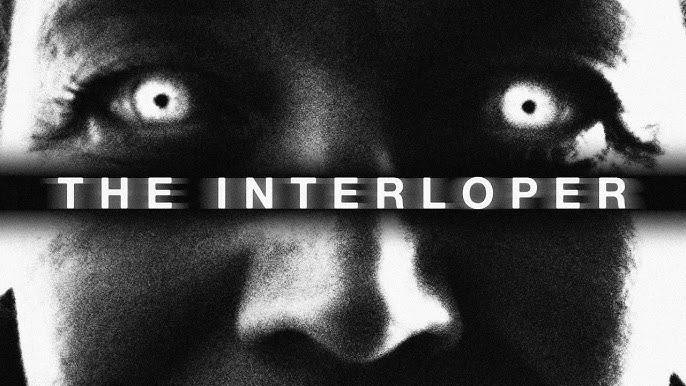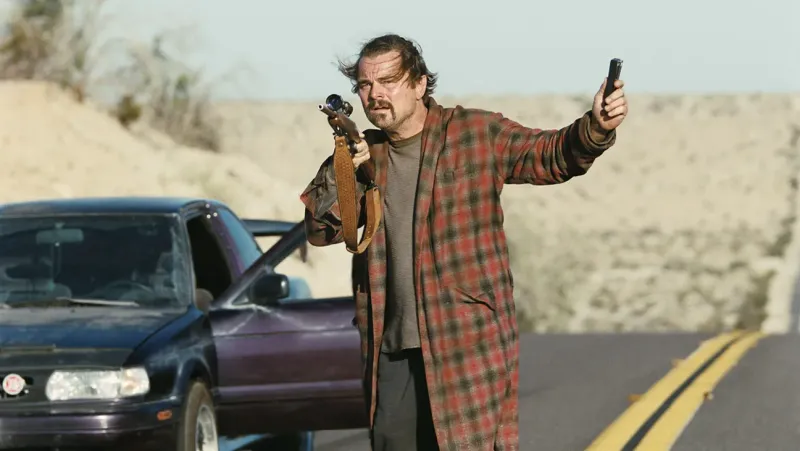Ian is set to celebrate his wife's birthday soon, and there's nothing more he would want for the occasion than to dance with her at the surprise party he's planned. But Ian has Parkinson's and can't move well at all, and his medication barely helps him stay upright. But when Ian hears of a rather unusual but illegal form of temporary relief that might restore his freedom of movement, he enlists his son Kristian to help him obtain it. But it's a wild ride for both father and son, testing how far Ian will go to realize his dearest wish. Directed and written by Grant Taylor, this short dramedy applies both lyricism and levity to the serious subject of living with Parkinson's, a degenerative disorder that affects the nervous system, resulting in often severely limited mobility. Ian finds even simple things like lifting a bottle of medicine to be arduous tasks. But though there are moments when we see the toll of living with Parkinson's and the sadness it engenders in Ian, the film also weaves in rollicking action and witty comedy into the mix, making for a story that's both entertaining and heartfelt all at once. Rendered in a visual blend of quiet naturalism and dark, gritty action-oriented dynamism, the writing's humor comes from the juxtaposition of a wholesome goal and an unsavory situation, especially finding fun in how Ian unwittingly ropes his son Kristian into driving him to a dark, remote location for the sketchy transaction.

Played by actor Nathan Bryon with both loyal affection and increasing disbelief, Kristian must cope when Gary, the purveyor of Ian's makeshift "medicine," brings a degree of eccentricity to the proceedings, making what should be a quick transaction into a farce built on the clash of situation and character. But the film never loses sight of Ian, the emotional heart of the story. The storytelling is most effective when it slows down and charts Ian's wistfulness that he's not able to give his wife the love and affection he wants. Actor Brian Bovell is beautifully restrained as Ian and plays him first as a loving husband and father above all else. Unwilling to let his condition get in the way of fully expressing that love and living his life as fully as possible, he has the determination to try anything so he can dance with his wife on her birthday -- and endure whatever wild turns and obstacles necessary to get what he wants. Wholehearted, funny and warmly engaging, the film was inspired by the writer-director's father, who has been living with Parkinson's since 1997. It's likely this personal experience that gives the film its marked emotional intimacy, as well as its deep insight into how those dealing with Parkinson's -- and perhaps many other conditions -- refuse to be defined by them. Instead, they're still fathers, mothers, sisters, brothers, lovers, colleagues and friends: people who want to live and love fully as anyone else, but must navigate an additional layer of sometimes significant complication. It's this sense of humanity that gives the film its heart and soul, as well as a rare, well-earned and grounded joy.



